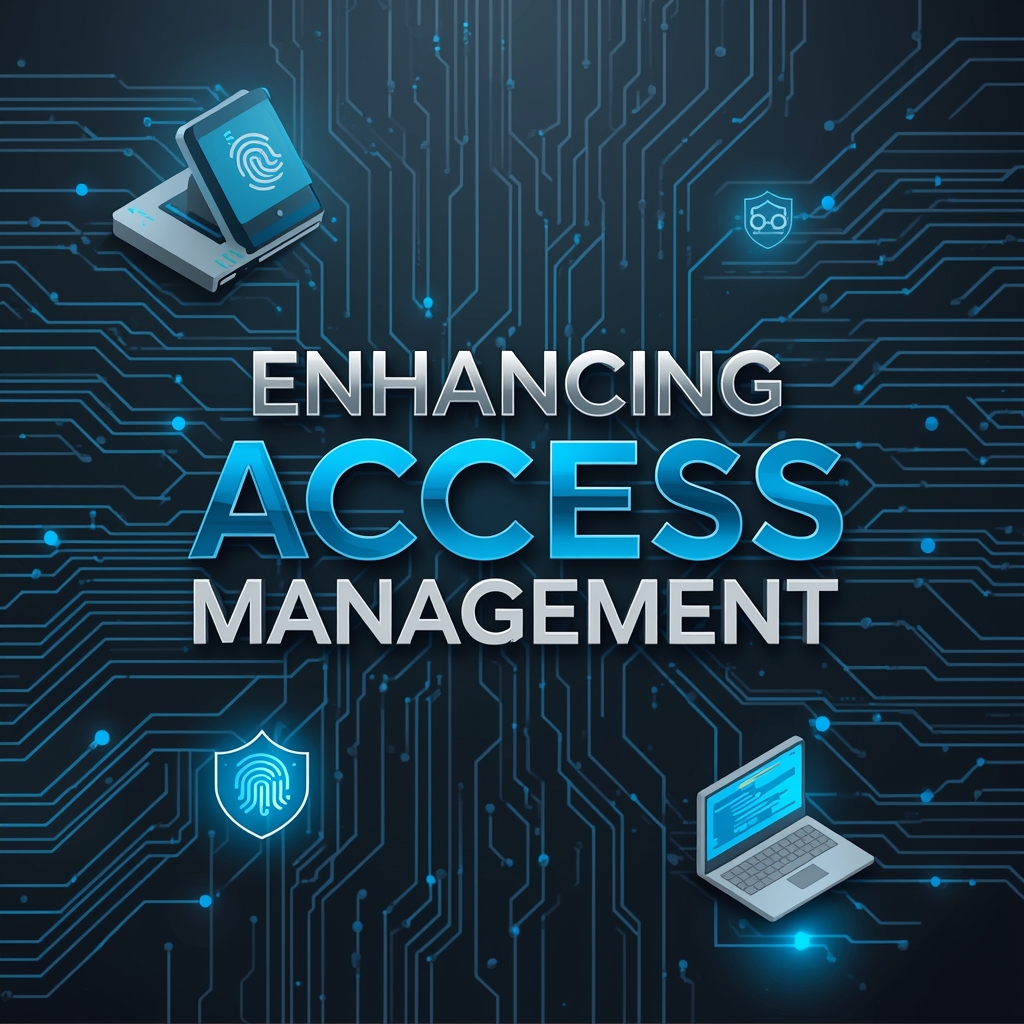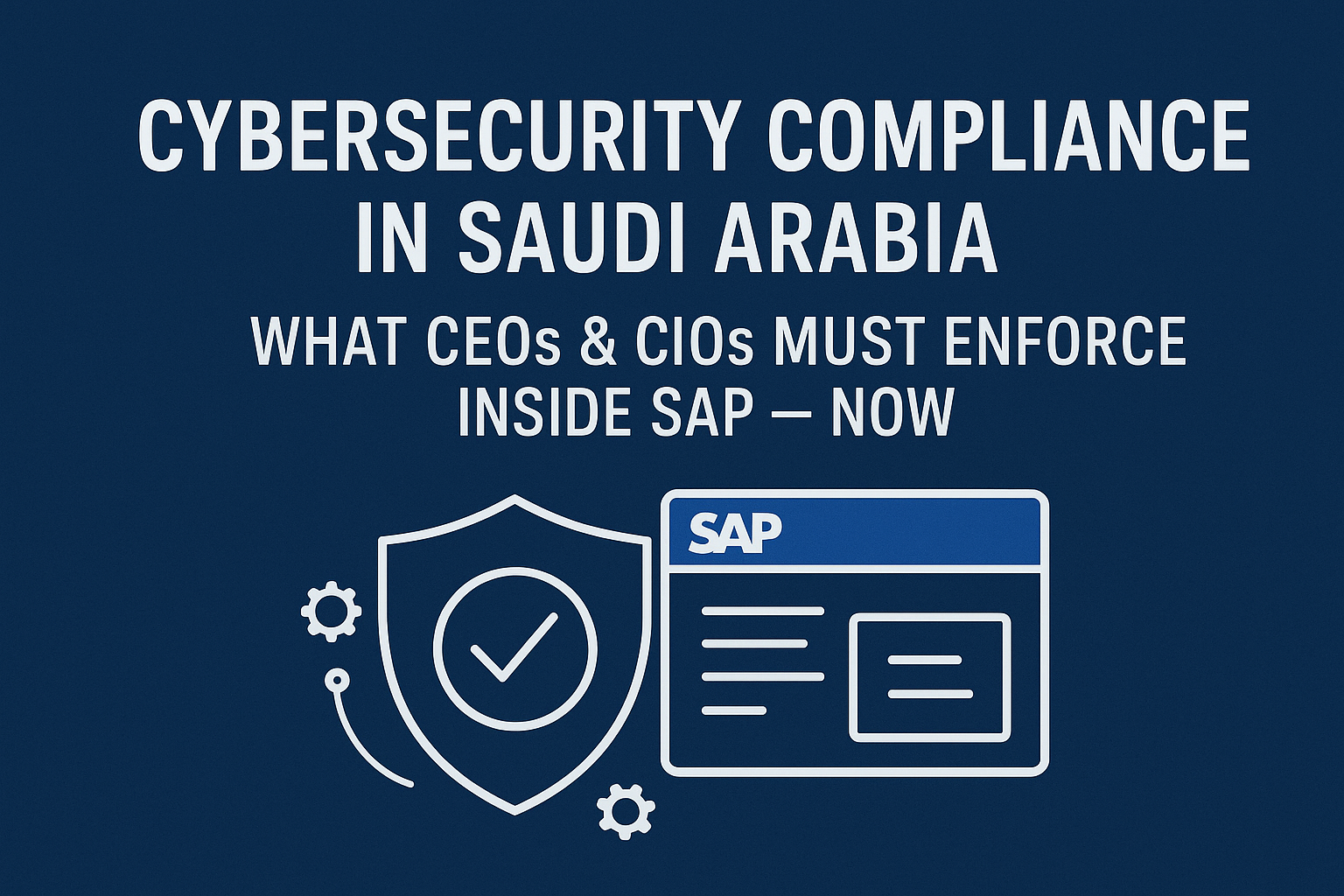In the contemporary world of business, annual audits have become more than just a regulatory requirement. They are a critical checkpoint for corporate governance, risk management, and operational transparency. Organizations heavily dependent on SAP systems are discovering that excellence in SAP-related audit practices marks a defining difference in audit outcomes. The expertise applied to SAP Audit processes shapes not only the accuracy of audit findings but also the strategic advantages companies derive from smoother compliance, operational continuity, and elevated stakeholder confidence. Many leaders in audit, finance, or IT are now reconsidering how tailored knowledge of SAP environments adds remarkable value to audits by improving accuracy and reducing risk exposure for all involved parties. The following exploration sheds light on the substantial impacts of SAP Audit expertise in supporting annual audit endeavors across diverse industries.
The Unique Complexity of SAP Landscapes
SAP solutions are foundational to large and mid-sized organizations for seamless integration of business processes, data management, and security controls. Each SAP environment has layered authorization models, complex user roles, and integration points that pose challenges in traditional audits. Audit teams must evaluate critical authorizations, segregation of duties (SoD) conflicts, and sensitive access to ensure the highest level of system integrity. Without deep SAP knowledge, even experienced auditors can miss subtle vulnerabilities that may impact compliance with industry standards such as GDPR or SOX. SAP Audit expertise not only navigates these complexities with precision but also guarantees that risks and reporting gaps are identified and mitigated early in the audit cycle, streamlining the entire review process.
Bridging the Expertise Gap: Why SAP Audit Specialists Matter
Standard financial auditors are highly skilled in evaluating financial statements and regulatory compliance, yet many are not equipped to dissect the intricacies of SAP security layers. This knowledge gap can lead to incomplete findings and leaves organizations exposed to hidden risks. SAP Audit specialists bring targeted insight into access controls, authorization concepts, and risk management frameworks unique to SAP landscapes. Their involvement ensures that each facet of the system is scrutinized using the right benchmarks, greatly reducing false positives and negatives. The collaboration between general audit professionals and SAP specialists elevates the reliability and thoroughness of audit reports, which in turn boosts trust with regulators and business partners alike.
The Role of Automation and Advanced Tools in SAP Audit
Manual analysis of SAP permissions and transaction logs is time-consuming and error-prone, especially in environments with thousands of users and roles. SAP Audit experts leverage automation alongside advanced analytics platforms to scan and assess user access efficiently and accurately. Tools enable continuous monitoring for SoD conflicts, identification of critical authorizations, and real-time alerts for unusual activities that could indicate fraud or non-compliance. Automation accelerates audit cycles, improves data accuracy, and allows auditors to focus on interpreting findings rather than hunting for anomalies. By embracing these technologies, organizations significantly reduce operational overhead while enhancing assurance in their audit outcomes.
Optimizing Compliance with Regulatory Standards
Increasing regulatory oversight means that IT audits are held to higher standards. Compliance frameworks like GDPR, SOX, and ISO 27001 introduce detailed requirements for data access, retention, and segregation across core business systems. SAP Audit professionals play a central role in aligning SAP system controls with these standards by mapping out risk and implementing targeted controls. Their meticulous approach assures management that sensitive data is properly protected, access to critical systems is logged and restricted, and all activities are audit ready for external reviewers. By instilling trust and reducing the likelihood of significant audit findings, the intersection of SAP skill and auditing knowledge is now considered essential for organizations managing complex regulatory environments.
Proactive Risk Identification and Remediation
One key advantage of employing SAP Audit expertise is the ability to move from reactive to proactive risk management. Auditors equipped with deep SAP insight can spot emerging threats early, whether they stem from internal authorization creep, flawed role design, or external integration vulnerabilities. This early detection allows businesses to address problems before they escalate into full-scale compliance violations or operational setbacks. Proactive SAP Audit interventions highlight systemic weaknesses, facilitate timely remediation, and foster a continuous improvement mindset throughout the organization. For decision-makers, knowing that risks are anticipated and addressed systematically translates to better preparedness and fewer surprises during audit season.
The Cost and Efficiency Impact
Resource constraints often pressure audit teams to deliver fast, accurate reports with limited budgets. Businesses seeking efficient compliance turn to SAP Audit professionals for tangible cost savings through streamlined processes and automation. Instead of channeling internal resources into unfamiliar terrain, relying on external SAP experts creates efficiencies by reducing the time to complete audit tasks, minimizing redundant work, and focusing internal staff on core business priorities. This optimized approach empowers companies to meet tight audit deadlines and allocate budgets prudently while still benefiting from in-depth SAP scrutiny across all relevant business processes. The return on investment is evident through better audit outcomes and fewer findings in follow-up assessments.
Modern organizations must demonstrate to regulators, customers, and business partners that their critical systems are secured and managed to the highest possible standards. SAP Audit expertise inspires confidence beyond the audit room. It helps firms showcase compliance readiness, operational transparency, and risk awareness to all stakeholders. Audit-ready documentation, clear reporting, and credible remediation strategies are key benefits delivered by those with deep familiarity in SAP environments. This heightened trust strengthens supplier relationships, protects customer interests, and positions companies for growth in new markets where regulatory hurdles are high and reputational risks even higher. As organizations aim to stand out in their sectors, those prioritizing SAP Audit excellence are better prepared to weather scrutiny and set the gold standard for compliance management.





